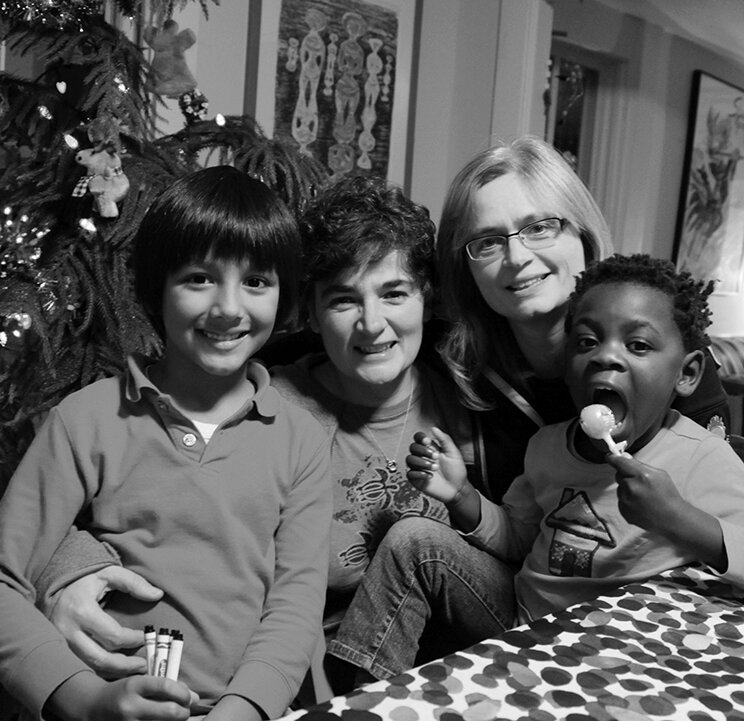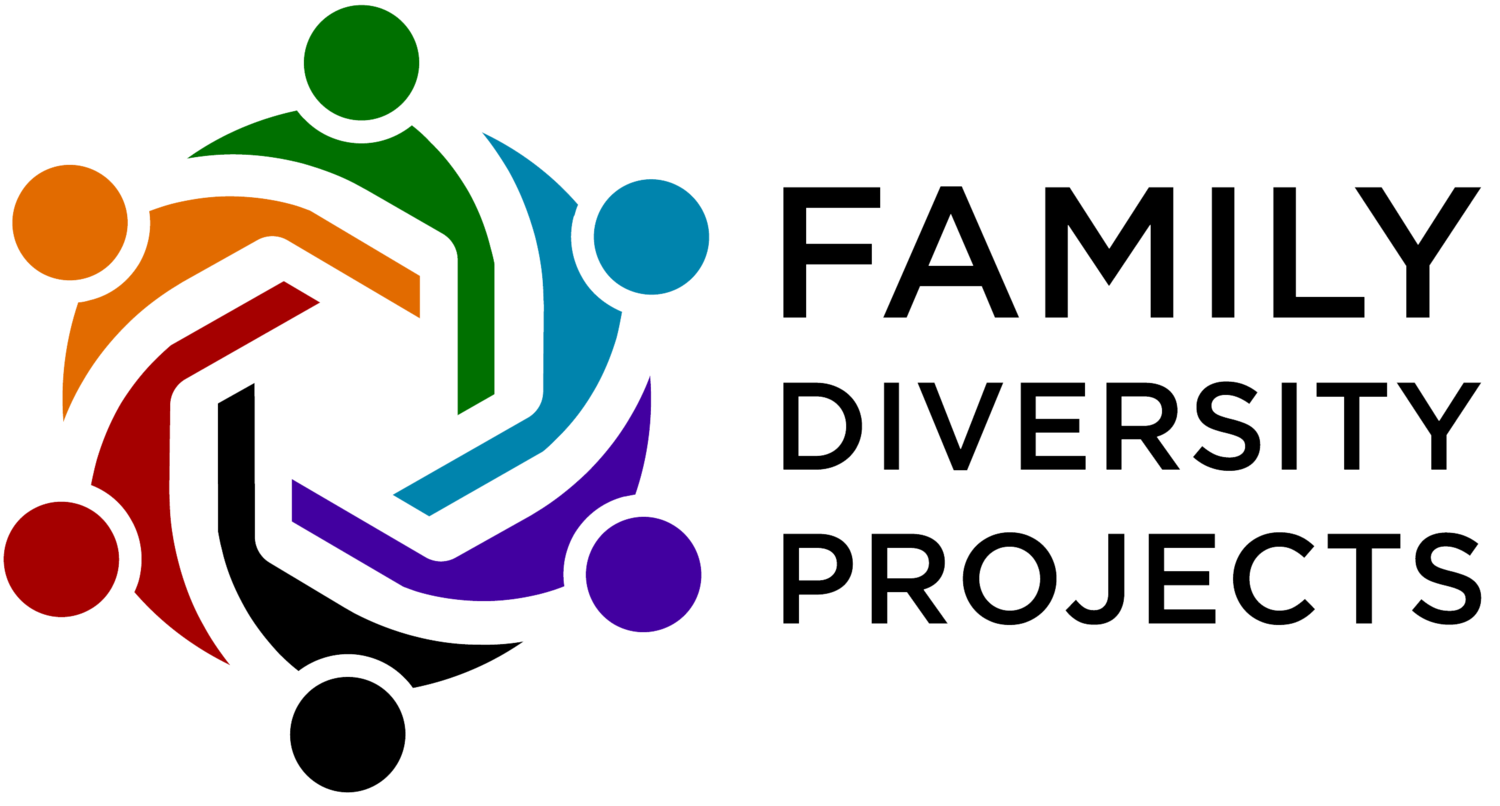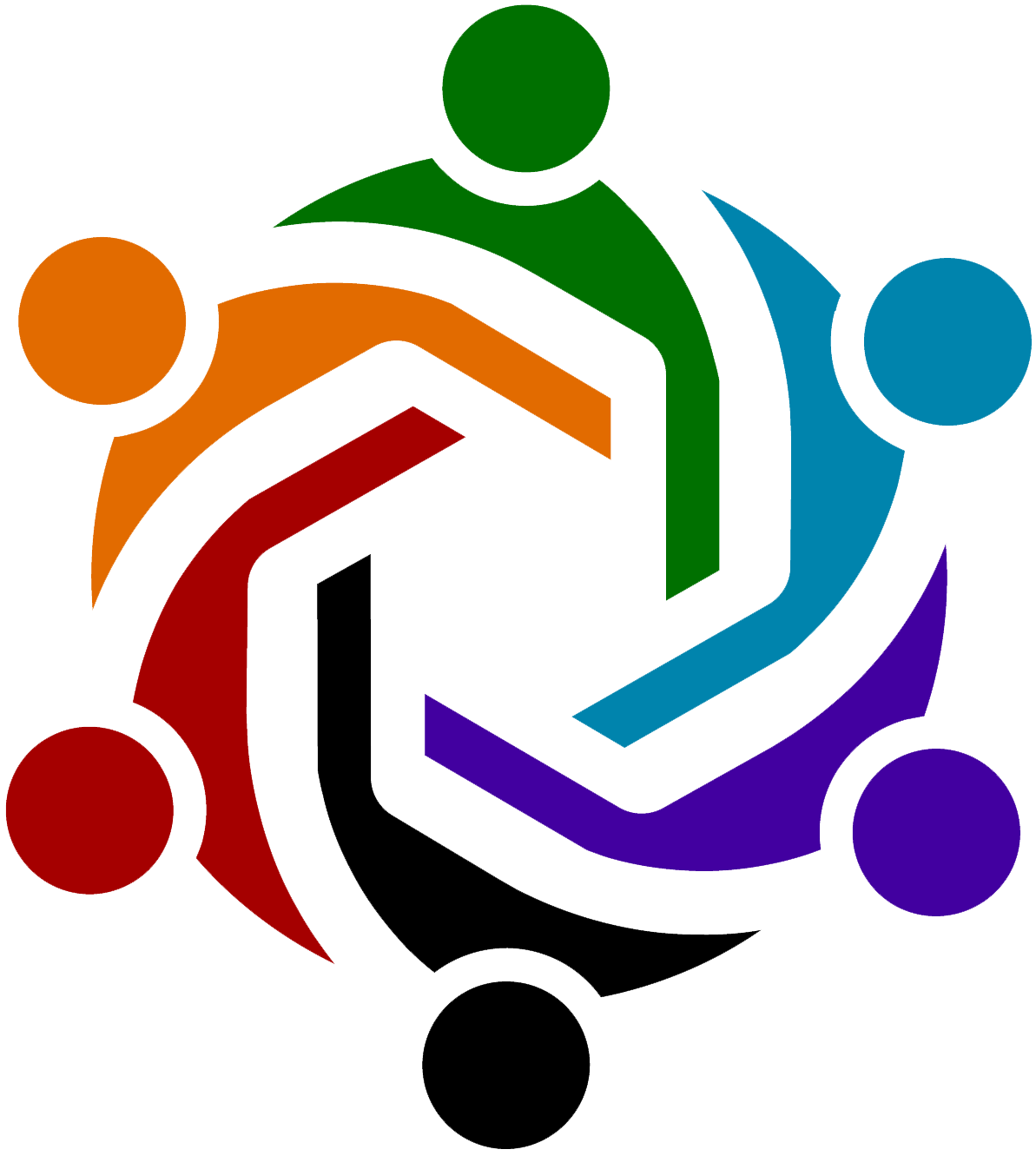
“Sometimes people assume that because you don’t speak a language perfectly or you have a foreign accent that you are somewhat deficient as a whole person. Of course, that is totally wrong.”
Fiammetta Straneo and Rosalba Ciampi
Italy and United States
Fiammetta — Italy
I came to the United States as an Italian citizen in 1993. I wanted to study the ocean, and I was offered a scholarship to the University of Washington in Seattle. I finished my PhD there and then continued my research as a scientist at the world-famous Woods Hole Oceanographic Institution in Cape Cod. I’ve been there ever since, engaging in climate research related to the ocean.
Becoming an American citizen wasn’t too difficult for me as a scientist, and I’m fully aware of being a privileged immigrant. After a decade as a green card holder sponsored by the Oceanographic Institution, I applied for citizenship and took the oath in 2010.
It was a great ceremony at Fenway Park where the Red Sox play in Boston. The best part was the speech given by a female judge who was herself the daughter of immigrants. She reminded us that as citizens of the U.S., we now had the right and duty to dissent and protest.
Many of the advances in science and technology have benefited from the skills and diversity contributed by immigrants and refugees. As an environmental scientist, I am acutely aware that to address the complex environmental questions society faces today—climate change, over-exploitation of resources, how to feed over seven billion people without destroying our resources—we need to work across national, ethnic, gender, and cultural boundaries.
Diversity makes us stronger and far better suited to deal with the complexities of the issues facing society today. For those opposed to more immigrants and refugees coming into the United States, I would urge them to walk around in any of the research universities in America and talk to the people who are contributing to making this country a better place.
Rosalba — United States
I’ve been an American citizen since birth. My mother’s father was an Italian immigrant, and when my mom grew up, she went to Italy to study, met my father, married him, and had three children. She’s still living in Italy. I met my partner, Fiammetta, in Italy and followed her to America for love and for work.
It’s very difficult to be bicultural and bilingual, and yet it’s one of the most life-enhancing experiences of all. Sometimes people assume that because you don’t speak a language perfectly or you have a foreign accent that you are somewhat deficient as a whole person. Of course, that is totally wrong, but it’s a very difficult prejudice to overcome until one finds oneself in the same position. Go live abroad and see what it’s like!
Fiammetta and I have been together as partners for twenty-five years, and we adopted both of our children. Yani is eleven, and he was born in Nepal. Kea is seven, and she was born in the Democratic Republic of Congo.
As a lesbian couple, we thought we were very well qualified to adopt children and help them deal with their own differences. Our children are both at a stage where they are becoming more aware of their ethnic and personal identities, and they have more questions and concerns. I would say that our daughter is facing the most difficult issues because of the very dark color of her skin. People often look at her as if she came from a different planet!
Diversity is the greatest strength and the true backbone of this country. Diversity breeds stronger people, genetically and culturally. Do not allow fear to be the strongest advisor in life.

